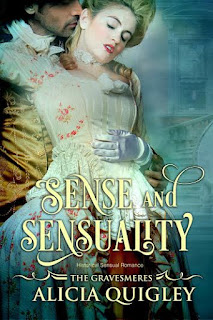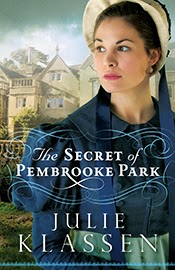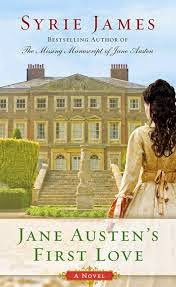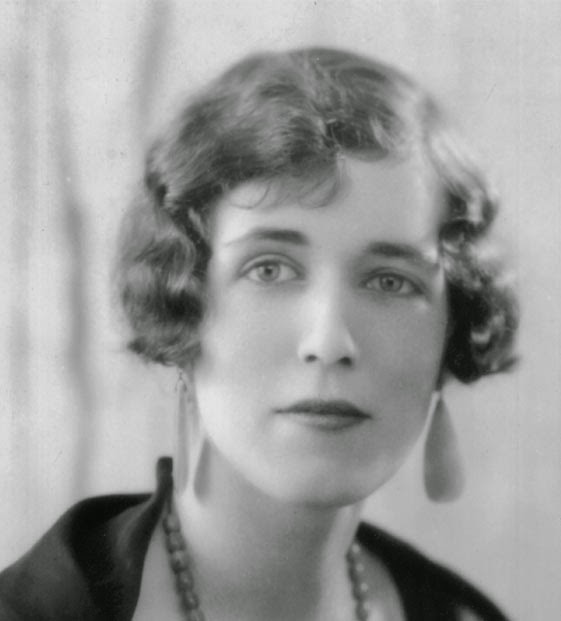Hello everybody! Today the blog tour for 'The Innkeeper of Ivy Hill' by
Julie Klassen drops by so I have the pleasure of bringing you an excerpt and giveaway opportunity. Let's start off by learning some more about the book:
Book Description
The lifeblood of the village of Ivy Hill is its coaching inn, The Bell. When the innkeeper dies suddenly, his genteel wife, Jane Bell, becomes the reluctant landlady. Jane has no idea how to manage a business, but with the town's livelihood at stake and a large loan due, she must quickly find a way to save the inn.
Despite their strained relationship, Jane turns to her resentful mother-in-law, Thora, for help. Formerly mistress of The Bell, Thora is struggling to overcome her losses and find purpose for the future. As she works with Jane, two men from her past vie for her attention, but Thora has promised herself never to marry again. Will one of them convince her to embrace a second chance at love?
As pressure mounts from the bank, Jane employs new methods, and puzzles over the intentions of several men who seem to have a vested interest in the place, including a mysterious newcomer with secret plans of his own. With the help of friends old and new, can Jane restore life to the inn, and to her empty heart as well?
Visit
talesfromivyhill.com to find a map of the village, character profiles, a book giveaway, and more!
Let's enjoy the excerpt now :)
Ever since her husband was killed, Jane Bell has lived an isolated, lonely life. She slowly begins taking an active role in managing the coaching inn she inherited, hoping to turn things around in time to pay back a massive loan. As pressure mounts from the bank, Jane puzzles over the intentions of several men who seem to have a vested interest in the place, including a handsome newcomer with secret plans of his own.
* * *
The gentleman, of average height and confident bearing, set down his valise. “I would like a room for a few days, if you please.”
That piqued Jane’s interest. Most of their guests stayed a single night, on their way somewhere else. But with so many rooms empty, she was not about to complain.
“You are very welcome,” she said, hoping not to sound too eager. She opened the registration book and slid the ink pot and quill toward him.
He picked up the pen with clean, well-groomed hands and bent over the registry, scratching away. She took the opportunity to study him. He was in his early to mid-thirties and handsome, with golden brown hair and side-whiskers. He wore the fine clothes of a gentleman, but there was nothing of the dandy about him. No ostentatious flair to his cravat. No jewelry, quizzing glass, or walking stick. He had good, regular features—a straight nose, full lower lip, and vertical grooves bracketing his mouth.
He glanced up and caught her staring. His soft green eyes shone with humor, and the corner of his mouth quirked in a knowing grin.
Jane looked away quickly, making a show of searching for an available room and selecting a key from the drawer. Then she turned the registry toward herself, ready to add the room number in the appropriate column.
“And how many nights you will be with us?” she asked.
“May I let you know? I am not certain how long.”
“Of course. Just let me know when you decide. I will put you in number seven, Mr. . . .” She glanced at the registry, then bent to look closer. She couldn’t quite make out the name. James D-something.
He offered, “My friends call me JD.”
Jane peered at him, stifling a retort. She reminded herself she was no longer a genteel young lady awaiting a proper introduction. “Well, Mr. JD,” she said, not quite concealing the disapproval in her voice. “I hope you shall be comfortable here.”
He said, “Thank you. And you are?”
“Mrs. Bell.”
“Ah. The innkeeper herself.”
Jane automatically shook her head, demurring, “That was my husband’s title.”
“Oh? I thought I read that a Mrs. Bell owned this inn.”
Where had he read that? “Well, I suppose I do, officially. Though it is a family business.”
“Ah . . .” He nodded out the window in Patrick’s direction. “I did meet a Mr. Bell briefly when I arrived, but—”
“My brother-in-law,” Jane explained. “My husband passed away last year.”
“I see.” His gaze ran over her black dress. “I am sorry.”
“Thank you.” She stepped around the counter, wishing Colin were there to attend to this man.
“Now, right this way. Watch your head.” She led the way through the low archway and up the stairs.
“Do you have friends or family here in Ivy Hill?” she asked casually.
“I am here on business.” His tone was polite but did not invite further inquiry.
“Oh?”
“Um-hm.”
When he did not expand on his two-syllable answer, she decided it would be rude to probe further.
“Be careful of this step,” she warned. “It needs looking after. And the handrail is a little loose here. Pray, don’t lean on it.”
Reaching the half landing, Jane noticed the patterned paper coming away from the wall, and a large spider web draping the candle chandelier above them. She’d noticed neither before. But suddenly, with this well-dressed gentleman behind her, every cobweb and crack in the plaster seemed to shout of neglect. She also felt self-conscious, wondering if her backside was at the man’s eye level as she climbed the stairs. She hoped he wasn’t looking. She ought to have suggested he precede her.
She reached number seven and inserted the key, disconcerted to find her hand not quite steady. How foolish. The door refused to give. “A little sticky, I’m afraid.”
“Allow me.”
She stepped aside, and he gave a well-placed shove with his shoulder and the door gave and swung wide.
“After you,” she insisted.
Inside, she pointed out the basin and towels, described the location of the outside privy, and reiterated mealtimes. “I’ll ask Alwena to bring hot water. If you need any clothes washed, she’ll take them to the laundress for you. Anything else you need while you’re here, just let us know.”
“I will certainly do that, Mrs. Bell.”
Jane knew she should leave but found herself lingering. “The floor slants a bit; please watch your step.”
“It’s not too bad,” he said affably. “When was the inn built?”
“I don’t know exactly, but it is over a hundred years old.” She gave a sheepish little chuckle. “And probably looks it.”
“I don’t know . . .” he mused. “She isn’t in her first blush of youth, I grant you. But she has good bones. She’s still a beauty.”
Jane looked over and was disconcerted to find the man’s gaze resting on her. Surely he did not mean . . . ? She swallowed and reached for the door latch, backing across the threshold. “I shall leave you to get settled. Enjoy your stay.”
He smiled, and the grooves in his cheeks deepened. “I believe I shall.”
* * *
Author Bio
JULIE KLASSEN loves all things Jane--Jane Eyre and Jane Austen. A graduate of the University of Illinois, Julie worked in publishing for sixteen years and now writes full-time. Her books have been honored with the Christy Award for Historical Romance, the Minnesota Book Award, and the Midwest Book Award, among others. Julie and her husband have two sons and live in a suburb of St. Paul, Minnesota. For more information, visit
www.julieklassen.com.
Giveaway
Be sure to enter the giveaway
before you leave—the winner will receive a $20 Teavana gift card and a package
of four inspirational British romances from four different eras (The Innkeeper of Ivy Hill by Julie
Klassen, A Haven on Orchard Lane by
Lawana Blackwell, The Lost Heiress by
Roseanna M. White, Not by Sight by
Kate Breslin). The winner will be notified on December 22.
a Rafflecopter giveaway
The Innkeeper of Ivy Hill Blog Tour Schedule
December 5: Author Q&A on
Pemberley to Milton
December 6: Excerpt on
My Love for Jane Austen
December 8: Review on
Laura's Reviews
December 9: Book Spotlight on
More Agreeably Engaged
December 10: Review on
A Bookish Way of Life
December 11: Review and Excerpt on
Delighted Reader Book Reviews
December 12: British Show Inspiration Guest Post on
Living Read Girl
December 13: Historical Background Guest Post on
English Historical Fiction Authors
December 14: Review on
Calico Critic
December 15: Excerpt on
So Little Time
December 16: Review and Author Q&A on
My Jane Austen Book Club
December 17: Review on
Just Jane 1813
December 18: Excerpt on
Babblings of a Book Worm
December 19: Review on
Austenesque Reviews
December 20: Guest Post on
Jane Austen in Vermont
December 21: Review on
Luxury Reading






















